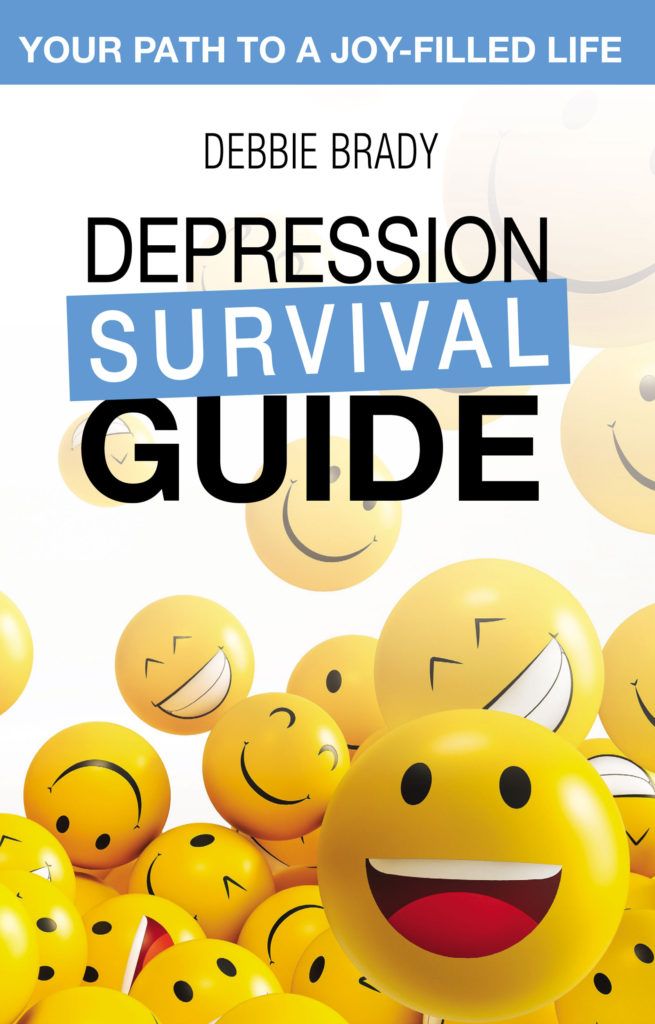
If you have a loved one who is struggling with an eating disorder, it can be difficult to know how to help. You may feel lost, helpless and overwhelmed but watching them struggle and feeling as though there is nothing you can do to help or support them.
Below are some ways you can support your loved one in their recovery journey:
- Do your best to educate yourself on their specific eating disorder. Learn as much as you can about eating disorders, their symptoms, and the recovery process. This will help you better understand what your loved one is going through and how you can best support them.
- Express your concern for them but be sure to do it in a loving way. Let your loved one know that you are worried about them and that you want to help. Be compassionate and non-judgmental, and avoid making comments about their appearance or weight, but focus on their health.
- Encourage them to get professional help. Eating disorders are complex mental health conditions that require professional treatment. Encourage your loved one to seek help from a qualified healthcare provider, and offer to help them find resources and support. Be sure they find someone who focuses on eating disorders.
- Be supportive of their recovery, challenges and feelings. Offer your loved one emotional support and encouragement throughout their recovery journey. Let them know that you are there for them, and be willing to listen without judgment.
- Avoid talking about triggers such as food, weight, or body image around your loved one, and avoid engaging in behaviors that may trigger their disordered eating. Focus on engaging in positive, healthy activities together instead.
- Offer to help your loved one prepare healthy meals, and avoid commenting on their food choices or portion sizes. Also, don’t comment on how they eat. They may eat a food in a non-traditional way. Just let them eat.
- Recovery from an eating disorder is a long journey, and it can take time. Be patient with your loved one, and support them through the ups and downs of the recovery process.
- Remember, supporting a loved one with an eating disorder can be challenging, but it is important to stay compassionate, supportive, and patient throughout their recovery journey.
One thing you don’t want to do is pressure them to eat. All that will do is push them away from you and you won’t be able to connect with them. It will be difficult at times to understand their journey and their struggles. People who don’t struggle with eating disorders often wonder why they just can’t start eating. However, one thing to keep in mind is that it isn’t just about the food. It’s about so much more. So, educate yourself on how you can continue to support your loved one during their recovery from this very challenging mental illness.

Be sure to grab a copy of my book HERE and follow me on TikTok @debadcock.
